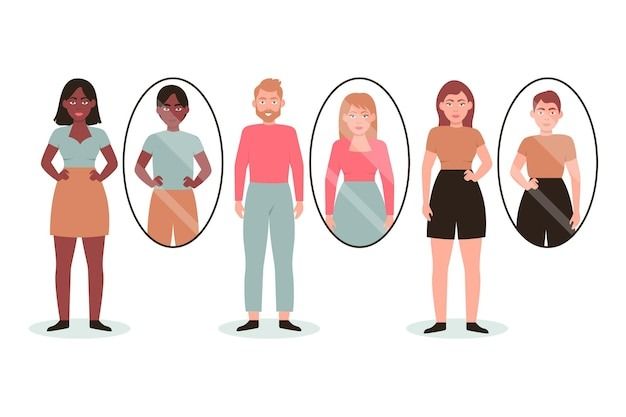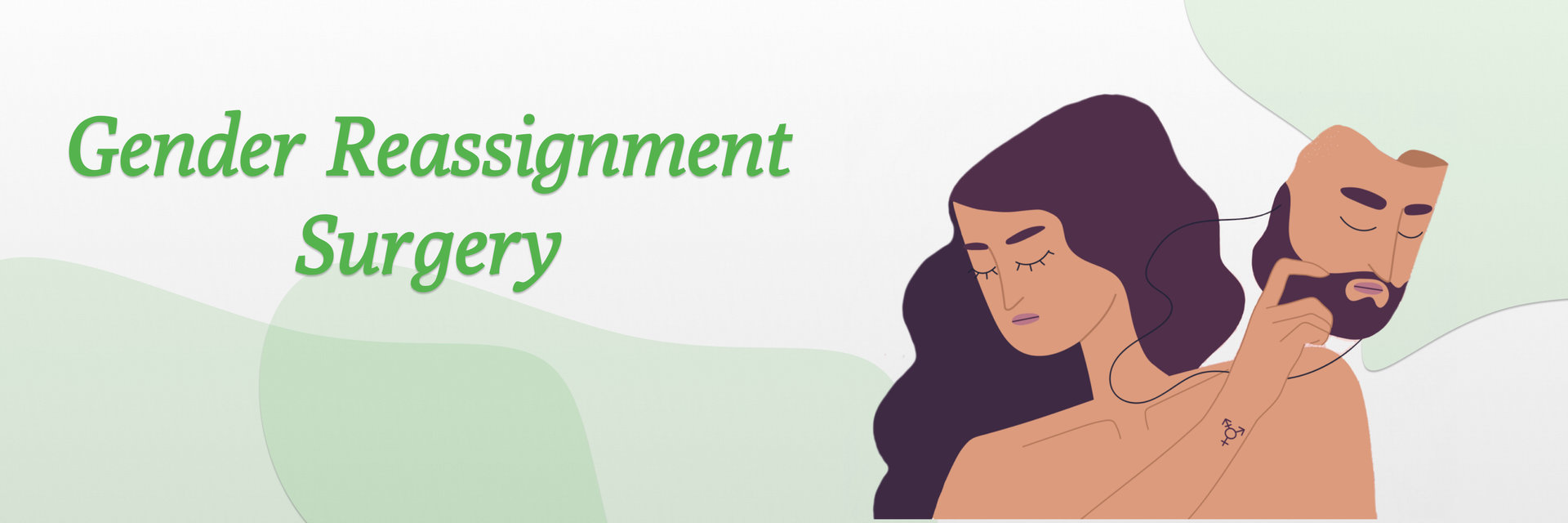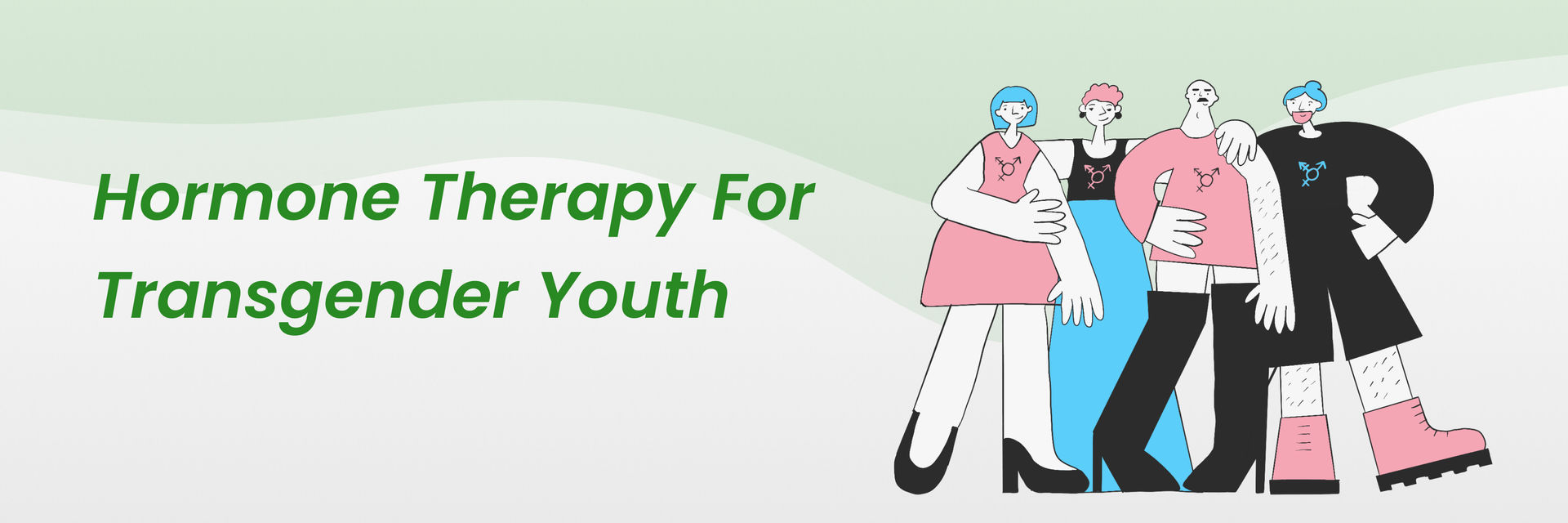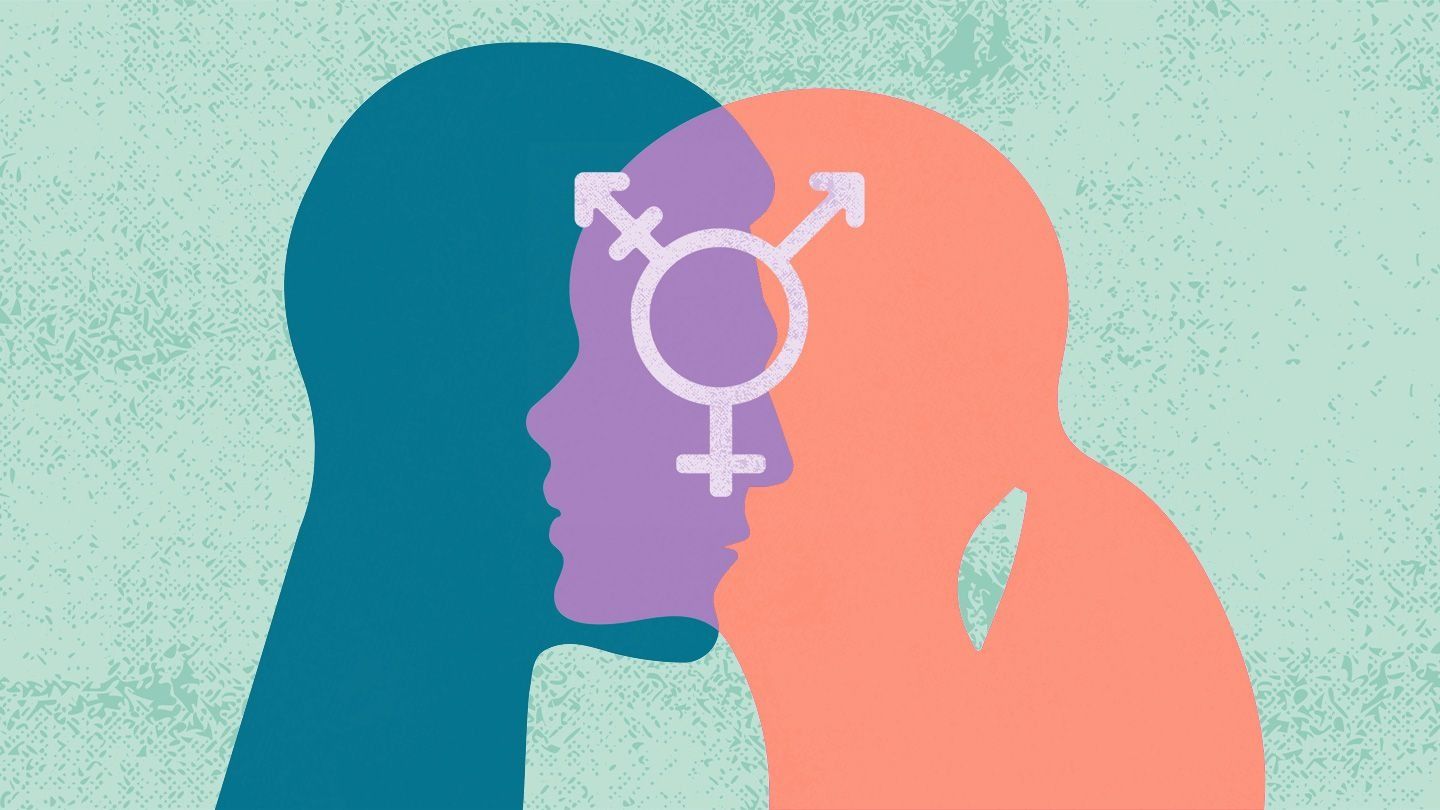Gender affirmation surgery, also known as gender reassignment surgery, encompasses various procedures that help individuals align their bodies with their gender identity. These surgeries can significantly impact both physical and mental well-being. They include psychological relief and a better life. But, it also involves complex surgeries. These surgeries may have long-term health effects. This article delves into the potential long-term side effects of gender reassignment surgery.
Understanding Gender Reassignment Surgery
Gender reassignment surgery includes many surgeries. They change a person's look and body to match their gender identity. These surgeries fall into two categories. There are top surgeries, like breast augmentation or removal. And there are bottom surgeries, like altering the genitals. Each type of surgery has its challenges and benefits.
Long-Term Side Effects of Gender Reassignment Surgery
1. Surgical Complications:
- Risk of infections at the surgical site.
- There is a possibility of needing additional surgeries to correct or refine the initial results.
- Procedures that involve the urinary tract, such as phalloplasty or vaginoplasty, can lead to complications like urinary tract infections, urinary incontinence, or strictures.
- Some surgical procedures, particularly those involving the pelvic region, can affect gastrointestinal function. In the long term, it potentially causes conditions like constipation or irritable bowel syndrome.
2. Hormonal Side Effects:
- Long-term hormone therapy can lead to cardiovascular issues, such as an increased risk of blood clots, especially in older patients.
- Hormone imbalances might cause changes in mood, weight, and metabolism.
- Long-term hormonal therapy can affect bone density and lead to osteoporosis risk. This condition makes bones more brittle and susceptible to fractures.
3. Sexual Health Concerns:
- Changes in sexual function can include decreased libido or difficulty achieving physical satisfaction.
- Potential for chronic pain or discomfort in newly constructed genitalia.
4. Scarring and Aesthetic Dissatisfaction: Significant scarring or dissatisfaction with the aesthetic outcome of surgery can occur, sometimes requiring additional corrective surgeries.
5. Fertility Issues: Many forms of gender reassignment surgery will impact reproductive capabilities, potentially leading to infertility.
6. Psychological Impact:
- While many experience a significant improvement in mental health, some may encounter ongoing struggles with anxiety and depression.
- You can have issues with self-image and acceptance. This is especially true if the surgery does not meet your expectations.
7. Risk of Surgical Revision: Additional surgeries may need to correct or revise issues from the initial procedures, such as cosmetic imperfections or functional deficits.
8. Social and Relationship Changes:
- Navigating relationships can be challenging as individuals and their partners adjust to the physical changes.
- Potential social isolation, discrimination, or legal difficulties related to their gender transition can impact mental health.
9. Immune System Response: In some cases, gender reassignment surgeries, particularly those involving implant materials (like silicone prosthetics used in breast augmentation or testicular implants), can trigger a foreign body immune response. This is because the body sees these implants as foreign objects. This reaction can lead to ongoing swelling, pain, and even the body rejecting the implant. It's important to watch for any signs of swelling or pain and see a doctor if these issues continue. In some cases, the implant might need to be removed if the body can't adjust to it. This is why it's crucial to consider the materials used in surgery and monitor how the body responds afterwards.
Ready to take the next step or just looking for more information? Schedule a consultation with experienced plastic surgeons and get in-depth information to understand your options and make informed decisions.
But what exactly involves this procedure? Would like to know how the entire procedure goes?
Procedure of Gender Reassignment Surgery
- Consultation: Meeting with specialists to assess your needs and establish a treatment plan.
- Hormone Therapy: Taking hormone therapies to align physical traits with gender identity.
- Top Surgery: Adjustment in chest appearance, either adding breast tissue or removing it.
- Bottom Surgery: This surgery reconstructs genitalia to match gender identity. It may include removing reproductive organs.
- Facial Surgery: Modifying facial features to enhance gender congruence.
- Post-Surgical Care: Ongoing monitoring and support for physical and emotional health
What is the Regret Rate After Gender Reassignment Surgery?
While the overall regret rate is low, it’s essential to recognize that some individuals may experience dissatisfaction or regret after surgery.
- Evidence suggests that less than 1% of transgender people who undergo gender-affirming surgery report regret.
- This proportion is even more striking when compared to the fact that 14.4% of the broader population reports regret after similar surgeries.
- A Cambridge University Press study found that people who undergone surgery, on average, do not express regret in the transition until an average of 10 years after their surgery
How can you minimize potential risks? You can take several precautions to ensure the best possible outcome from your surgery.
Precautions to Avoid the Long-Term Side Effects of Gender Reassignment Surgery
To minimize the risk of long-term side effects, individuals considering gender reassignment surgery should:
- Thoroughly research and select experienced and board-certified surgeons.
- Follow all pre-and post-operative care instructions diligently.
- Stay committed to your regular medical follow-ups to monitor their health.
- Engage in mental health support to address emotional and psychological needs.
Are you considering gender reassignment surgery but still in a dilemma? If so, connect with us and get answered by experts.
Conclusion
Gender reassignment surgery is a life-changing procedure. It can greatly improve the life of someone with gender dysphoria. However, like any major surgical intervention, it comes with potential long-term side effects. People can make informed healthcare choices by understanding these risks and lowering them. They can then pursue a path that aligns with their true identity.
FAQs
How does gender reassignment surgery impact mental health in the long term?
Most people see a big drop in mental health symptoms. The symptoms are related to gender dysphoria. However, some may still have issues like anxiety or depression. They should seek ongoing psychological support.
Can hormonal treatment after gender reassignment surgery have side effects?
Yes, hormonal therapy can have side effects. These include cardiovascular risks, blood pressure changes, and metabolic changes.
Is gender reassignment surgery reversible?
Some aspects of gender surgery can be reversed. But, it is complex and risky. Therefore, thorough consultation and consideration are advised before undergoing any initial procedures.







